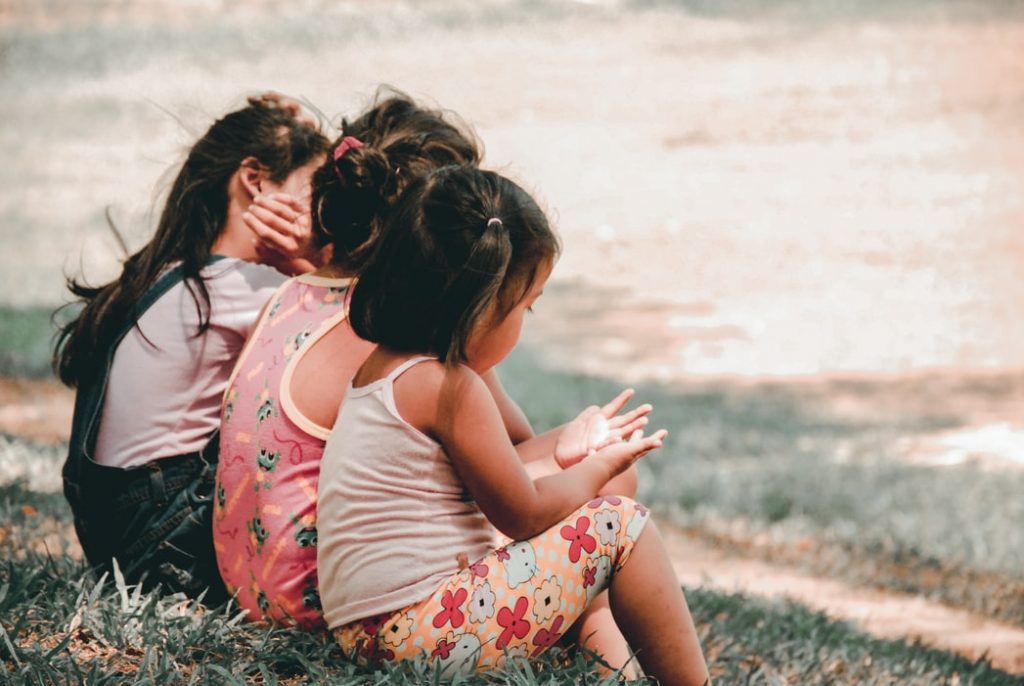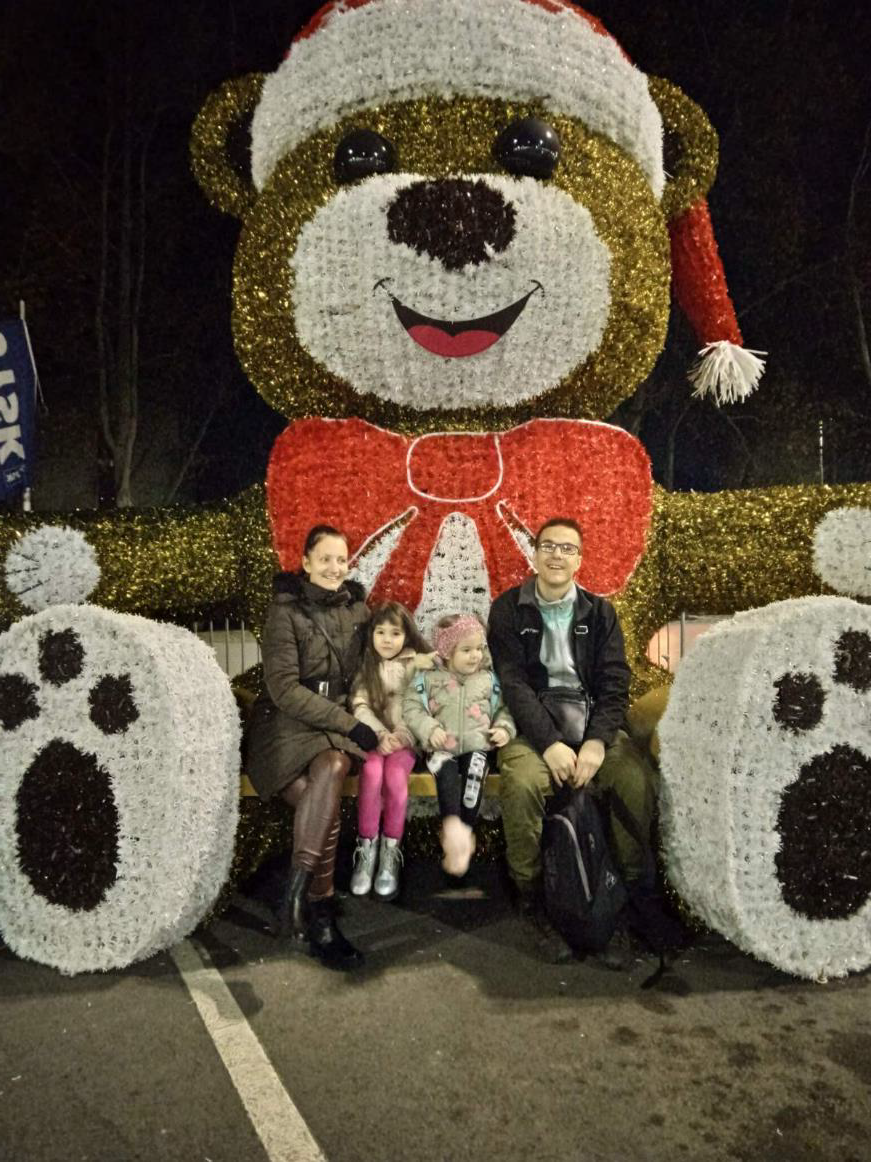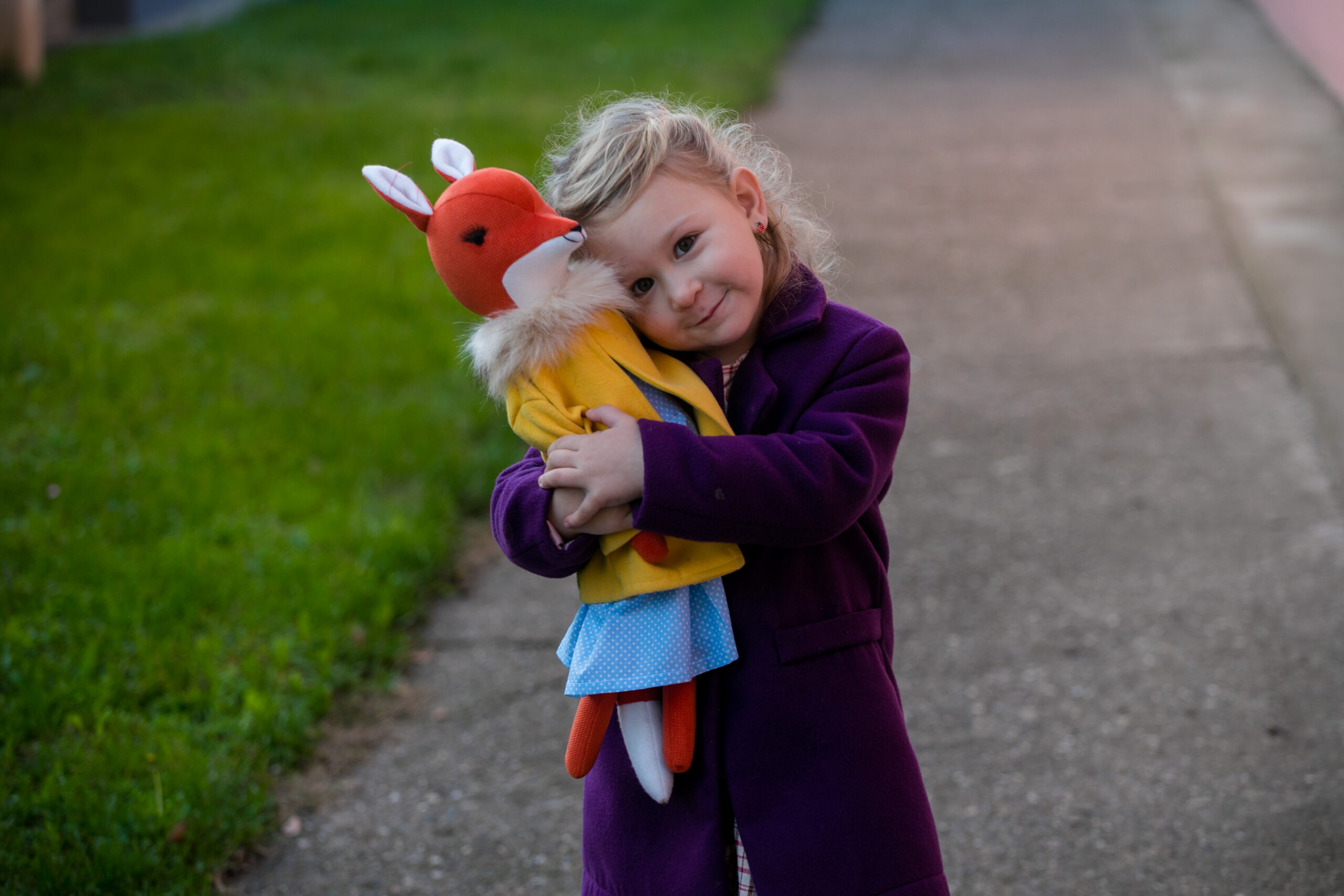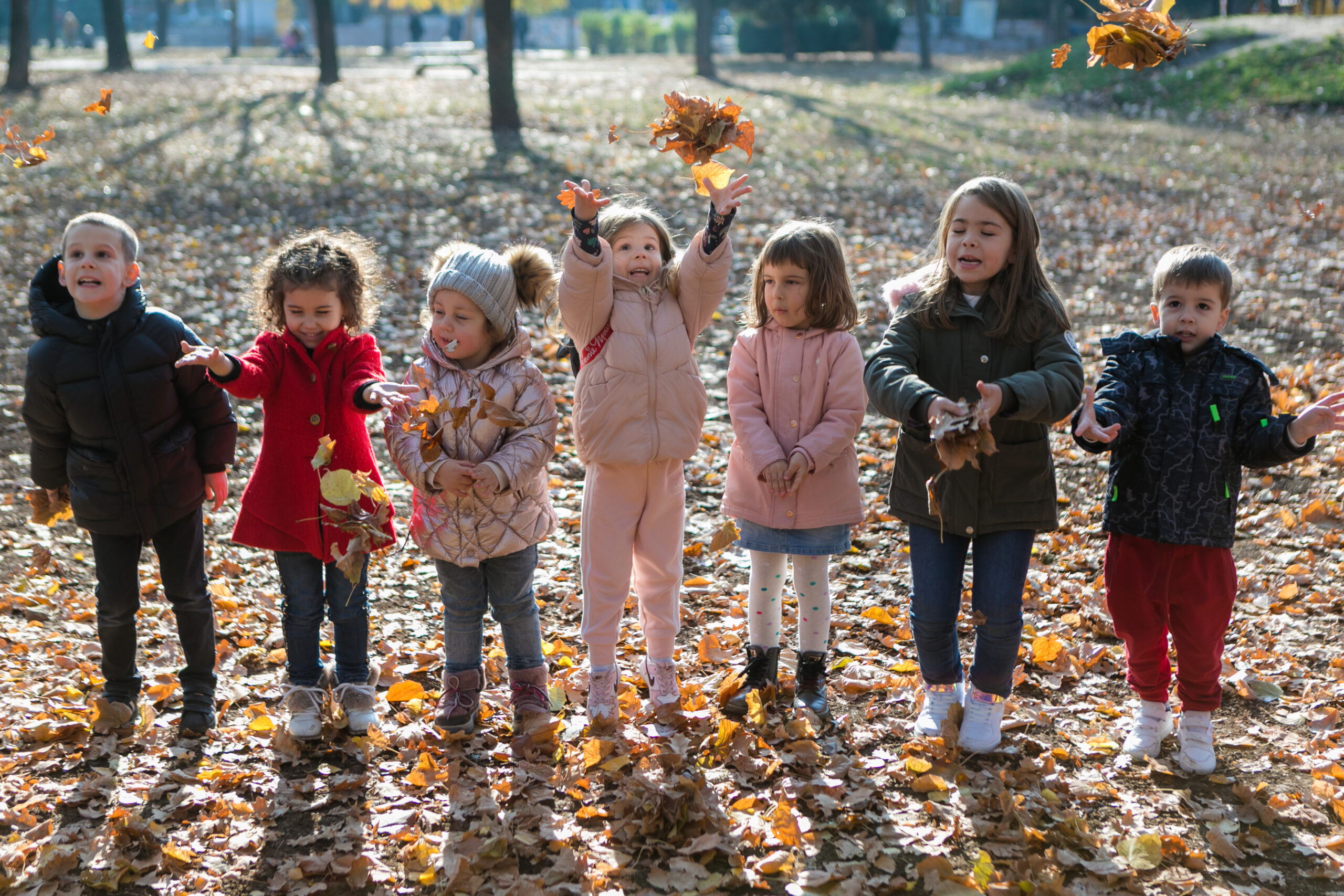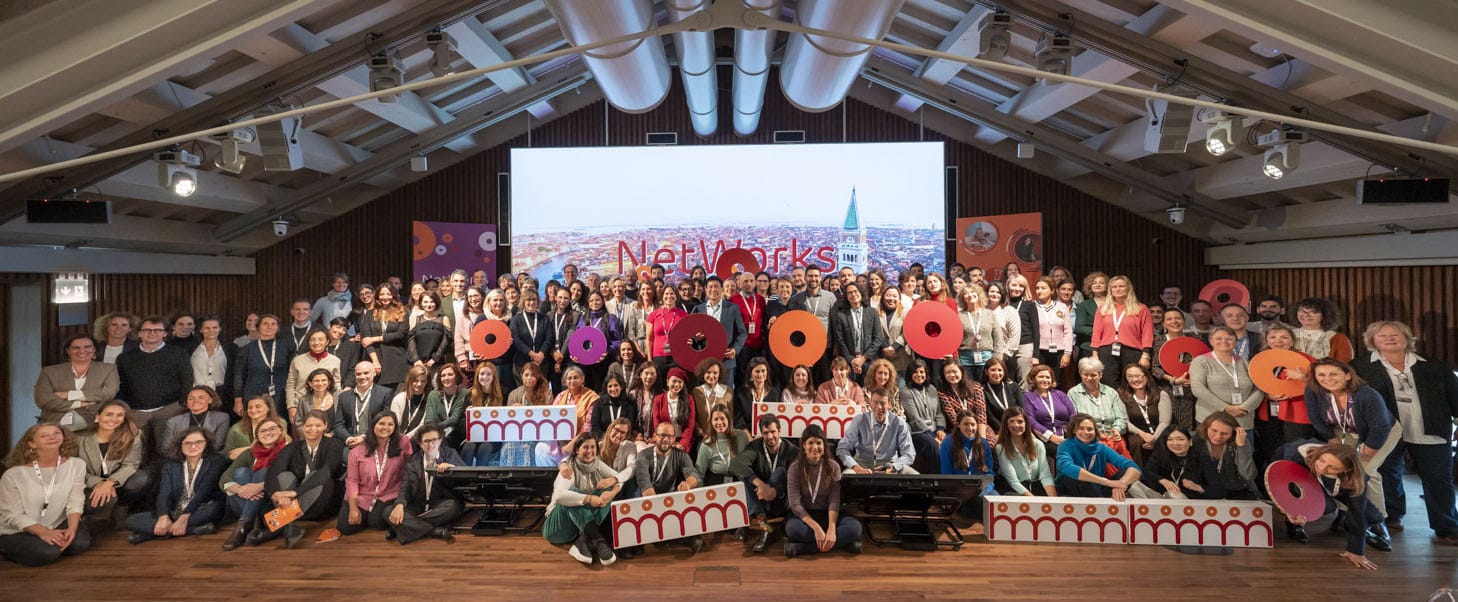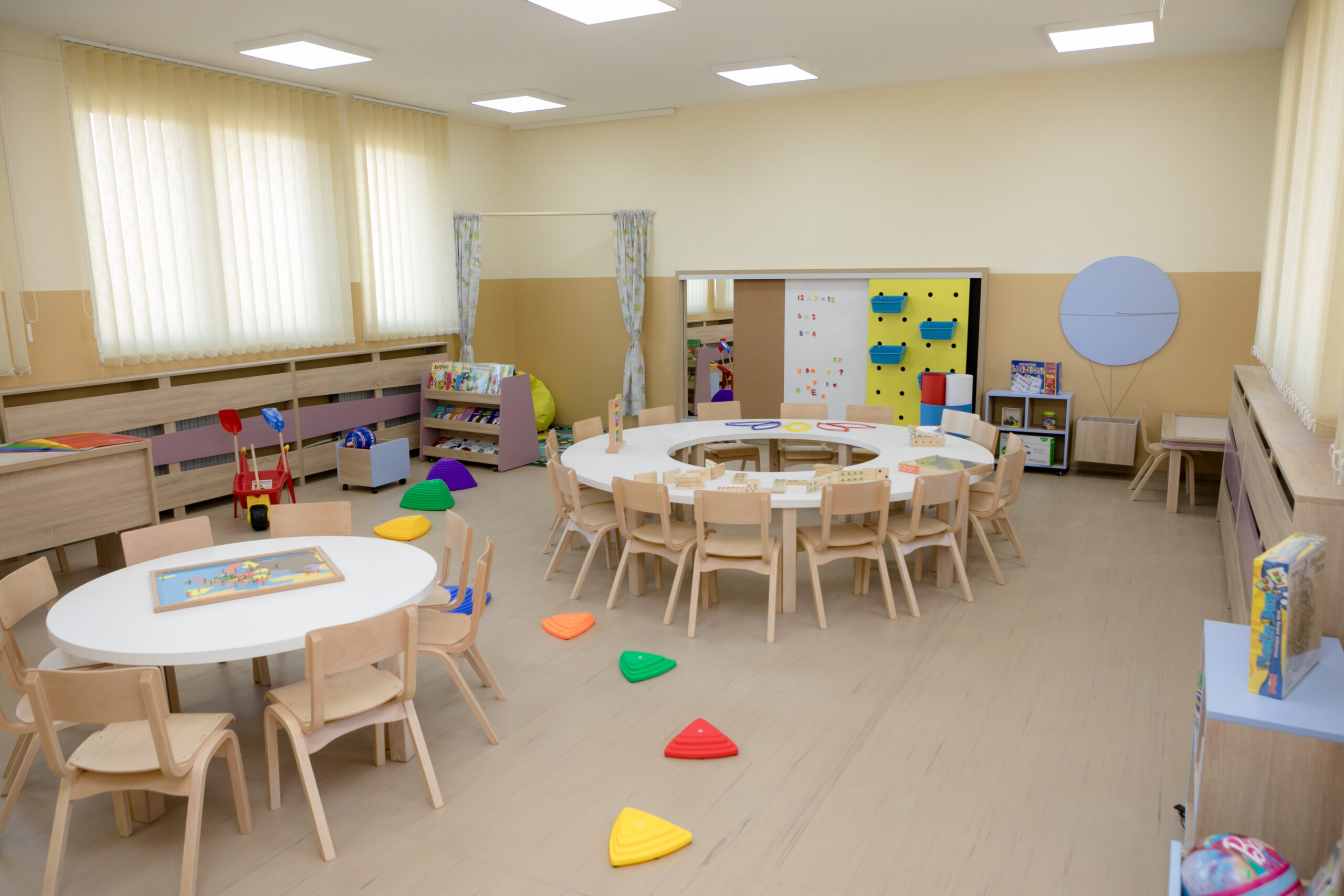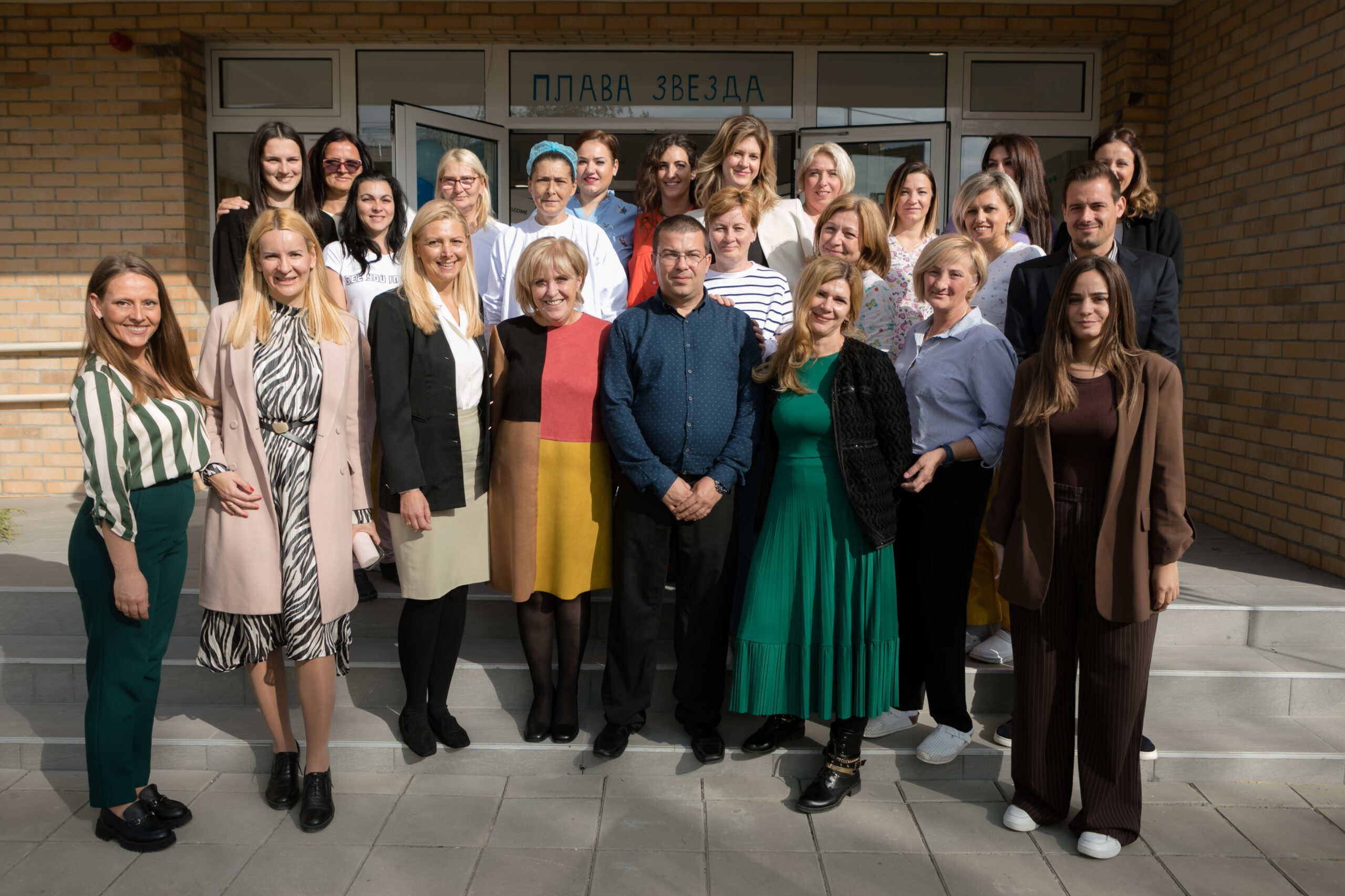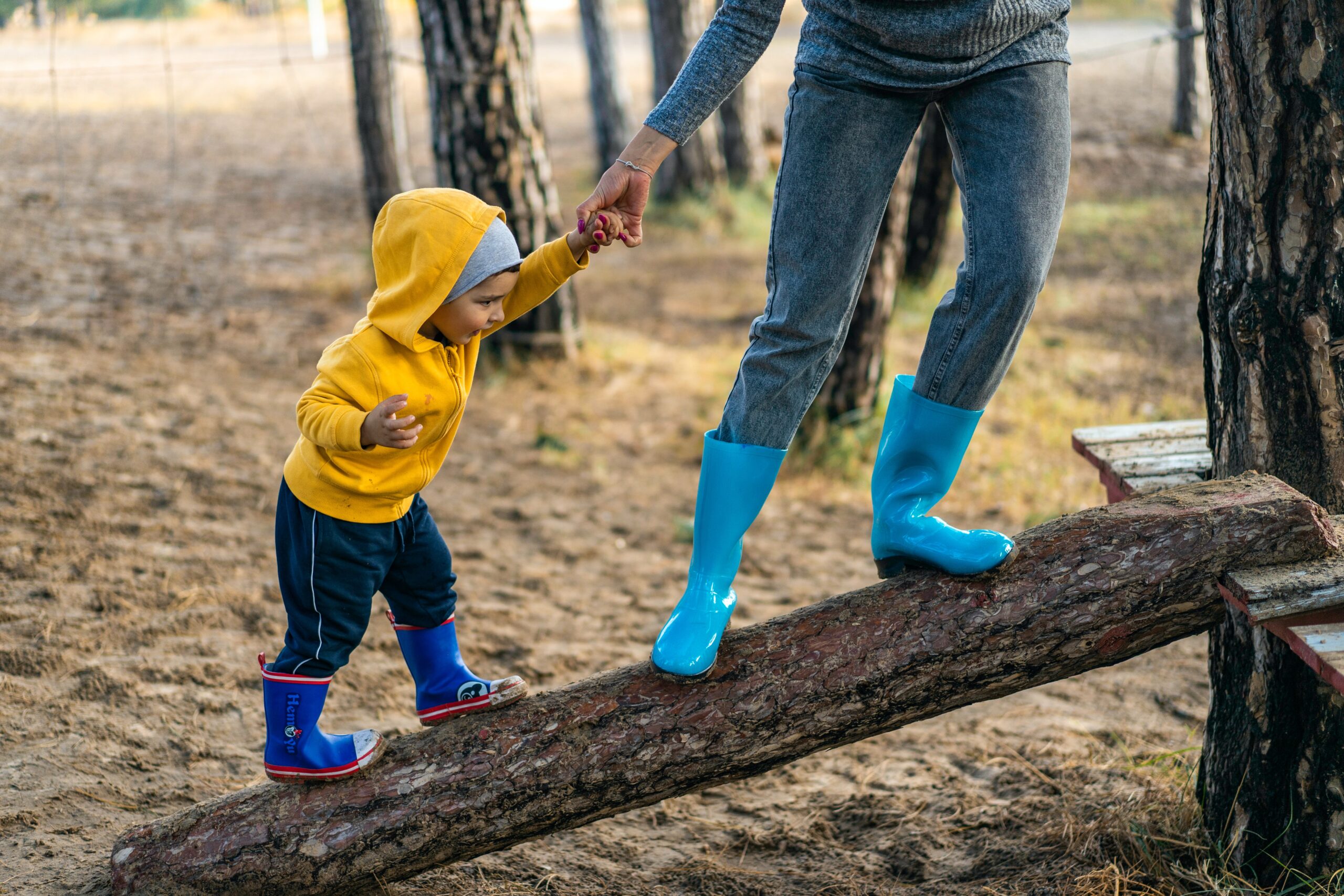With the next US presidential election around the corner in November, politics seem to be everywhere: online, on TV, and part of our daily conversations. Certainly, kids are bound to learn a lot about politics in this environment. But have you ever thought about teaching your child about politics?
Many adults regard politics as a topic that is way too complex to teach and that does not seem relevant to children until they are old enough to cast their vote. However, David Carr, a Teacher Training Development Officer, stresses the importance to teach children about politics with more intention. As he explains, many young adults decide not to cast their votes because they have never been taught about politics properly. Having established that children learn unconsciously about politics by listening to conversations anyway, you may wonder: where to start?
Teaching Pre-schoolers about Politics
Introducing topics around politics to pre-schoolers can be tricky as they are still developing their basic cognitive abilities. Children at this age often absorbed new knowledge unconsciously. Thus, it is important to reflect on your own behaviors and views when talking about politics in the presence of a child. Information can be better stored in memory when different abilities are used in the learning process. Plan a few hours in a local museum or take your child to the local state building to get new impressions. Some complex concepts of democracy can also be explained in simple terms: Children may not know what social justice is, but they do recognize homelessness or fairness. If you are engaged in local volunteering, consider bringing your child.
Volunteering is a great way to teach children about important causes and values without being directly involved in politics.
 Have you ever thought about teaching your kids about politics?
Have you ever thought about teaching your kids about politics?
Teaching Children in Elementary School about Politics
Children going to elementary school have developed better cognitive abilities to understand some more complex topics. It is a good idea to speak to them about the leading political parties or the role of the head of state. At this age, children begin to be interested in the way government works and can learn about simple facts concerning the concept of democracy or your country’s political history. Just as preschoolers, they will like to explore places associated with politics: state buildings such as the local council, polling station at election day, or historical museums. All these locations will help to visualize abstract topics such as patriotism or the right to vote. Depending on their interests, children in this age group may become passionate about volunteering or exploring certain ideas further. If they are interested, consider bringing them along to debate or another event focused on politics or volunteering.
Teaching older Children about Politics
It may sound enough that older children learn about politics at school, but it can be very rewarding and interesting to teach kids about democracy, parties, and activism outside of the classroom. Democracy lives from local activism and volunteering. Many local charities try to involve older children to participate in their causes. There are always causes within the community, the country, or globally to be involved in.
Alternatively, start a conversation about real-life examples to demonstrate the impact of politics on everyday life. These real-life situations will also help to make conversations less abstract. For instance, laws seem to be very complex to explain but there are many laws that impact our daily lives. Being charged money for plastic bags at the supermarket can be a good conversation starter to talk about legislation and rules or the responsibility to look after the environment.
It is important to teach children the responsibilities and privileges that come with being a citizen of a democratic country. At the end of the day, all our lives are shaped by politics. Although issues such as poverty or sexism are complicated, even young children understand the basic mechanisms behind them. They realize when someone gets more attention or fewer toys. If we make an effort to explain these issues in a language appropriate for children, we can help them to become more engaged and caring citizens.

